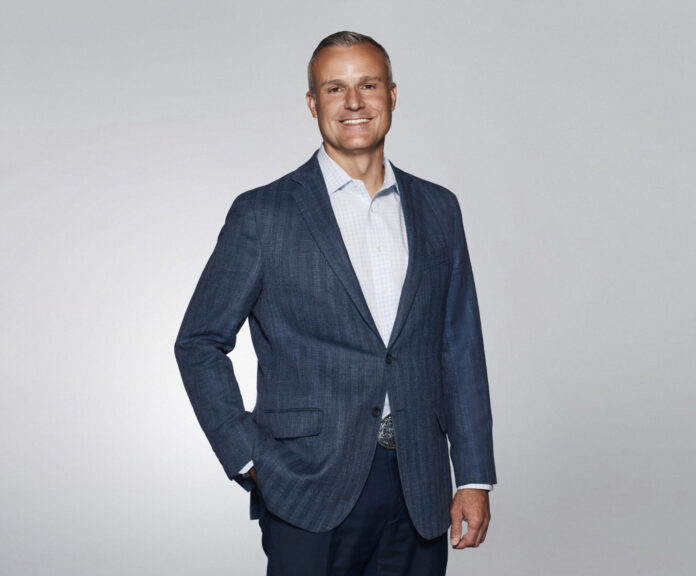BOSTON– Harrison.ai has introduced the Harrison.ai Open Platform, a medical imaging AI platform that removes traditional platform fees and allows healthcare providers to access multiple AI vendors through a single integration. The platform is built on three principles: zero markup, an open architecture, and customer return-on-investment first. By eliminating fees that can range from 30 to 60 percent or more, the platform aims to reduce cost barriers and simplify deployment of AI tools in clinical settings.
“Health systems tell us they’re managing five to ten different AI vendors, each requiring its own integration, contract, and security review,” said Josh Duncan, Chief Growth Officer, Americas at Harrison.ai. “Traditional platforms promise to solve this but charge a high innovation tax. We’re fixing that broken model with infrastructure and a business model that healthcare has been asking for.”
The platform is structured to allow access to both Harrison.ai’s native applications and third-party AI tools. Its open architecture supports applications that meet standard containerization specifications, including solutions that compete directly with Harrison.ai’s products. Providers integrate once through vendor-neutral connections to PACS, RIS, and EHR systems and can then access a full catalog of AI applications.
“Collaborations that prioritize transparency, clinical validation, and measurable value are essential for the responsible adoption of AI in healthcare,” said Michel Krambousanos, Director of Strategic Alliances at AZmed. “By removing unnecessary barriers, the Harrison.ai Open Platform supports our shared goal of enabling clinicians to access proven technologies that improve diagnostic accuracy and workflow efficiency.”
Jonathan Whitmore, Director of Global Partnerships at Radiobotics, stated, “If we can make access more affordable, it could be a turning point in how widely AI is deployed in patient care, shifting adoption from a privilege of well-resourced hospitals to a tool that lifts clinical quality everywhere.”
“Healthcare providers don’t want to choose between the freedom to access the AI algorithms they want and having a best-in-class AI infrastructure to experience those algorithms,” said Dr. Aengus Tran, CEO of Harrison.ai. “We are pleased to further develop this infrastructure into the Harrison.ai Open Platform.”
Under the zero-markup model, healthcare organizations pay only for the native and third-party AI applications they choose to use, along with transparent charges for compute and support. The model allows vendors to maintain direct customer relationships and reinvest in product development, while healthcare systems avoid price inflation and vendor lock-in.
“For specialized applications like stroke clinical decision support algorithms, the traditional platform markup model was prohibitive,” said Michael Macilquham, CEO at Nicolab. “Healthcare systems need the best AI for their patients, not just what’s economically viable after platform fees.”
Nedelcho Georgiev, CEO of Smart Soft Healthcare, added, “The Harrison.ai Open Platform breaks the layered distribution structure and enables direct, collaborative progress between innovators and clinicians.”
Daniel Ishak, Commercial Director at Us2.ai, noted, “Our partnership with Harrison.ai represents a shared commitment to delivering next-generation healthcare solutions.”
“At Lucida Medical, we believe AI should empower clinicians and simplify workflows, not add complexity,” said Dr. Antony Rix, CEO of Lucida Medical. “The Harrison.ai Open Platform’s zero-markup model and open architecture align perfectly with our vision of making prostate cancer detection more accessible, accurate, and cost-effective.”
The Harrison.ai Open Platform is available with the company’s newest CT chest product as well as its existing Chest X-Ray and CT Brain applications. Seven AI vendors have joined as launch partners to be available in 2026: AZmed, CoLumbo, Lucida Medical, Nicolab, Radiobotics, Therapixel, and Us2.ai.


